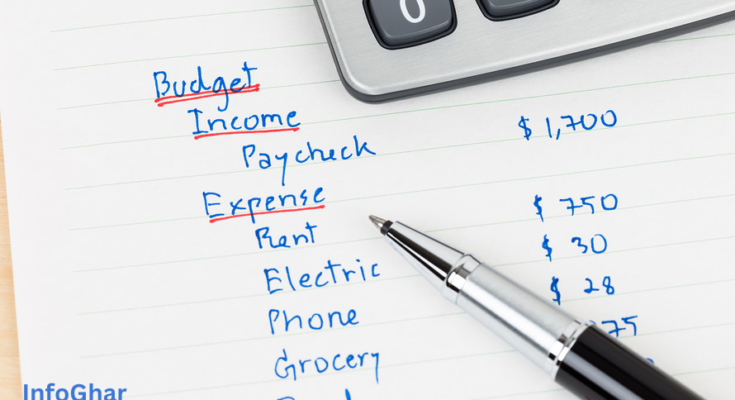Creating a Budget: A Comprehensive Guide
Introduction
Today we will discuss How to make a budget It is essential to manage your funds well in the fast-paced world of today. The first step to reaching your financial goals and obtaining financial security is making a budget. We’ll take you step-by-step through the process of making a budget that works for you in this extensive tutorial. We offer comprehensive financial goal-setting and expense-tracking services.
Creating Financial Objectives
Identifying your financial objectives is crucial before you begin budgeting. Clear goals will keep you motivated, whether your goals are to pay off debt, accumulate an emergency fund, or save for a trip.
Objectives, both short- and long-term
Make a distinction between your long-term and short-term financial objectives. Long-term objectives can include purchasing a home or retiring comfortably, while short-term objectives might be paying off credit card debt or saving for a new device.
Evaluating Your Present Financial Circumstances
You must be aware of your existing financial circumstances in order to develop a budget that works. This entails figuring out your earnings, outlays, possessions, and debts.
Assessment of Income
Enumerate any source of income you have, such as your salary, rental income, side gigs, and any additional cash you receive each month.
Cost Monitoring
List all of your monthly expenses in detail. Sort them into two categories: variable expenses (like groceries and entertainment) and fixed expenses (like utilities and rent or a mortgage).
Establishing a Reasonable Budget
It’s time to make a sensible budget that fits your objectives now that you have a good understanding of your financial condition.
Setting Essentials First
Set aside some money from your paycheck for necessities such as groceries, utilities, housing, and transportation.
Debt repayment and savings
Calculate how much you can put aside for debt reduction and savings. It is crucial to set away funds for both immediate and long-term objectives.
Software and Tools for Budgeting
Today’s digital age offers a plethora of software and tools for budgeting that can help you handle your money more effectively.
Common Apps for Budgeting
Examine well-known programs for budgeting such as Mint, YNAB (You Need A Budget), or Personal Capital to automatically keep track of your spending and income.
Keeping Tabs on Your Outlays
A key component of budgeting is keeping a regular record of your spending. You can use it to find places where you can make savings and cut back.
Record-Keeping
Whether you use a spreadsheet, pen and paper, or a mobile app, keep a note of every expense you incur.
Changing Your Spending Plan
Over time, your financial circumstances could change. Prepare to make the necessary adjustments to your budget.
Review Period
Make sure your buget still fits your needs and financial goals by reviewing it on a regular basis.
Maintaining Self-Control
Making a budget is just the beginning. Maintaining discipline and adhering to your spending plan are equally crucial.
Preventing Impulsive Acquisitions
Avoid the urge to spend money on impulsive purchases that are outside of your spending plan.
Conclusion
One of the most important skills you may have to ensure your financial future and attain financial stability is creating and adhering to a budget. It is possible to take charge of your finances and strive toward a more affluent future by establishing clear goals, keeping track of your spending, and practicing discipline.

